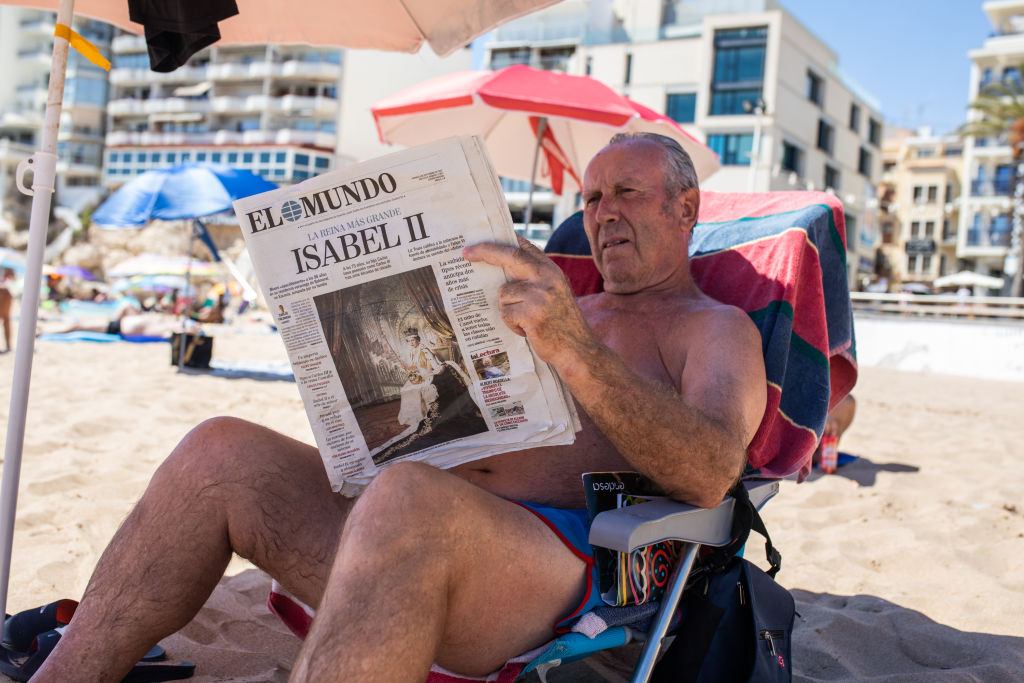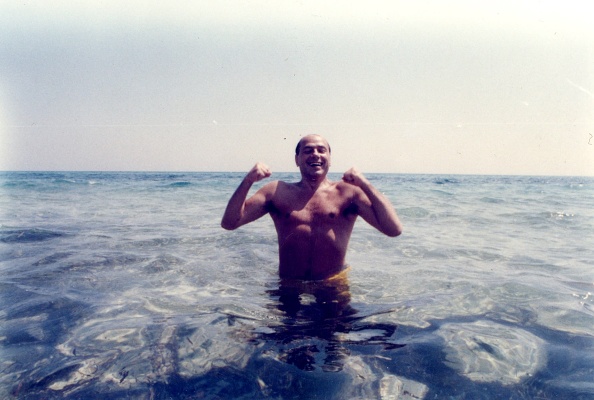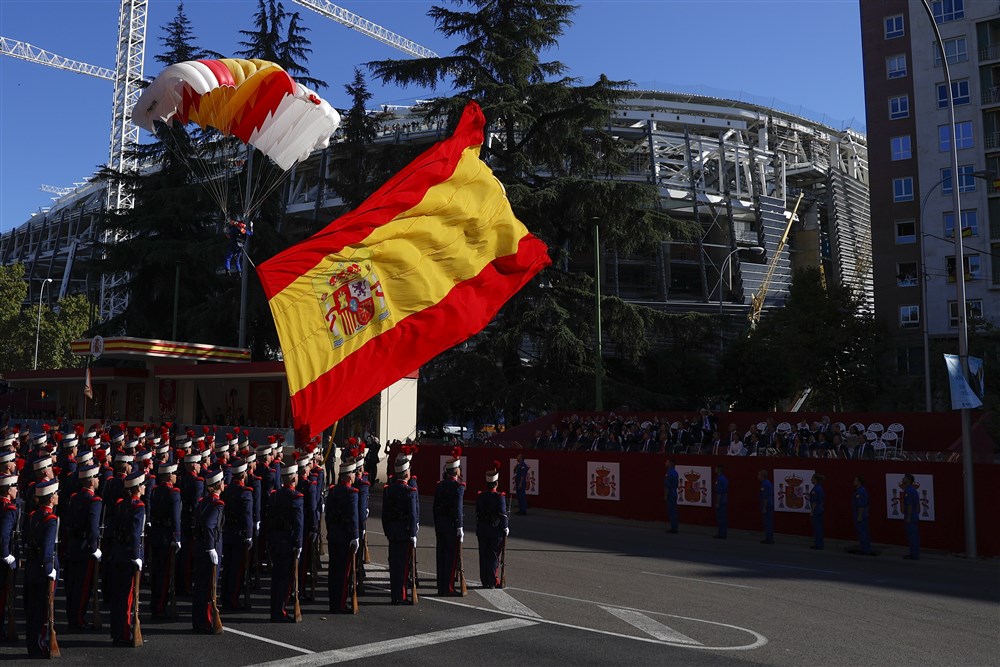The European Parliament has agreed a resolution to investigate Morocco for its alleged use of the digital spyware Pegasus. The European Union is adamant that the North African country is engaging in espionage via the software to target European citizens.
The accusations are based on the findings of NGOs including Amnesty International, many of which say that Morocco has used the Israeli-made spyware against journalists, diplomats and social activists.
European Parliament members claim there are “strong indications” of Morocco’s use of Pegasus. The allegations follow a separate case involving Rwanda, which is also accused of being involved in espionage regarding “high-profile EU citizens, including heads of state”.
The European Parliament is claiming that, “with a licence for about 100,000 phone numbers, Morocco can be considered one of NSO’s biggest Pegasus clients.” NSO Group Technologies is the Israeli developer of the Pegasus software. However, at the same time, the Parliament states that accusations against Morocco “have not yet been confirmed” and that further evidence is needed for them to be substantiated.
According to the Israeli newspaper, Haaretz, the sale of Pegasus to the African country was part of a diplomatic bargaining chip to allow Israel to ‘normalise’ diplomatic relations with Morocco.
Israel has made efforts in recent years to build friendlier ties with countries across the Middle East and North Africa, including Bahrain and the United Arab Emirates, home to Dubai. That has partly been orchestrated under the official Abraham Accords between the UAE, Bahrain and Israel.
Dutch MEP, Jeroen Leaners, emphasised the need for concrete evidence in relation to Morocco, saying the committee investigating the issue lacked proof of its alleged tapping of Spanish officials’ phones, including that of Spain’s Prime Minister, Pedro Sanchez. The Spanish government also questioned the claims against Morocco, describing them as “unfounded”.
A Moroccan media outlet said the current investigation is the result of a French campaign, organised through French media and amid French pressure put on international organisations, mobilising accusations of the use of Pegasus and designed to target the Moroccan government.
Moroccan media said that was part of a French policy to support Algeria, as well as highlighting the fact that the allegedly persecuted Moroccan journalists Hicham Mansouri and Aboubakr Jamaim are now in exile in France.
Morocco also pins the blame on supporters of the push for Western Saharan independence who include Paris-based lawyer, Joseph Breham, and Belgium-based Sahrawi human rights defender, El Mahjoub Maliha.
Still, the European resolution did accuse Morocco of “harassing” and “intimidating” journalists, activists and dissidents.
While the Pegasus reports need to be verified, the issue is further evidence of the European Parliament’s tense relationship with the North African country. That is despite the fact that Morocco has proven a stable ally in terms of EU interests such as controlling mass migration – unlike other regional countries, including Libya.
But, if the accusations of espionage regarding high-profile EU citizens are confirmed, it could put relations between Morocco and the EU under severe strain.
Alessandra Bocchi is Associate Editor at Brussels Signal





Trump has much to learn from Berlusconi’s successes